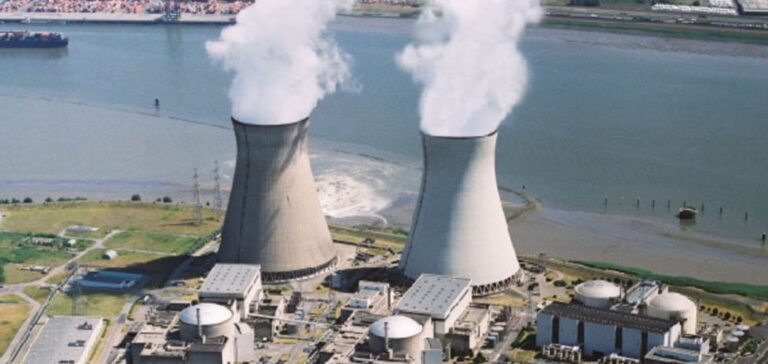Japan is gearing up to promote nuclear power as part of its energy policy review scheduled for next year. The aim is to guarantee a stable electricity supply in the face of growing demand and increased geopolitical risks. However, industry experts believe that the country will find it difficult to meet its targets.
A strategic shift to nuclear power
After the Fukushima disaster in 2011, Japan had significantly reduced its reliance on nuclear power and increased the use of fossil fuels to generate 70% of its electricity, while aiming for zero net carbon emissions by 2050. But faced with spikes in coal and gas prices and supply disruptions in 2022 due to Russia’s war in Ukraine, the government is now keen to ensure greater use of nuclear power, as well as wind and solar power, to secure a stable energy supply. Discussions on Japan’s energy policy, which is reviewed every three years, began last month. This is the first revision since Prime Minister Fumio Kishida changed the country’s position in favor of nuclear power in 2022. According to Takeo Kikkawa, President of the International University of Japan, the new policy could include the construction of new reactors.
Challenges to overcome
Meeting the growing demand for electricity with nuclear power will be a challenge, due to regulatory hurdles, public opposition, high costs, severe earthquakes and long development lead times. The country risks missing its target of 20-22% nuclear power by 2030, reaching only 15% due to resistance from local residents and slow regulatory approvals for the restart of existing reactors. Adding new nuclear capacity could prove difficult even by 2050, given that in the past it has taken decades to build nuclear power plants. According to WoodMac’s Kikkawa and Alex Whitworth, thermal power is likely to fill the supply gap, contrary to the government’s target of reducing coal and LNG generation to a combined total of 39% by 2030.
Towards a decarbonization strategy
In parallel with the review of its energy policy, Japan plans to set a greenhouse gas emissions reduction target for 2035 or later, and to formulate a decarbonization strategy for 2040 by early 2024. Accelerating the growth of renewable energies and reducing fossil fuel production will help to achieve these objectives and bring prices down. Yukari Takamura, professor at the University of Tokyo’s Institute for Future Initiatives and member of the government’s energy policy panel, believes that Japan should draw up a roadmap on how to phase out uncontrolled coal-fired power plants. Promoting domestic energy production from renewable energies is in the national interest and would improve the competitiveness of Japanese companies assessed on decarbonization factors.
Japan faces a major challenge in reconciling its growing energy needs with its decarbonization ambitions. While nuclear power may seem an attractive solution for guaranteeing energy security and reducing emissions, there are many obstacles to its large-scale implementation. The country will need to strike a balance between different energy sources and technologies if it is to make a success of its energy transition.





















